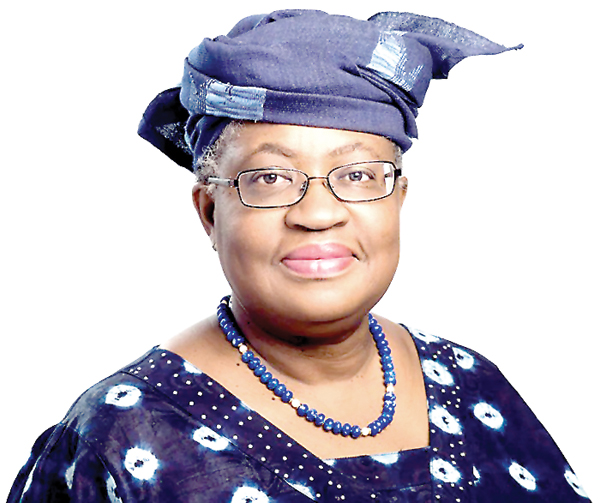
He also observed that the on-going trade war between the United States of America and China has the potential of destabilising the world financial system.
Ibrahim made these clarifications at the sidelines of the on-going International Association of Deposit Insurers (IADI) Africa Regional Committee (ARC) Workshop at the Four Points by Sheraton Hotel, Lagos.
Reacting to alleged nonregistration of Polaris Bank established to take over the assets and liabilities of the defunct Skye Bank, Ibrahim said the regulator could not have licensed a nonexistent company.
“Such kinds of speculations are not true. You can go and check at the CAC. Polaris Bank is a registered company, and now a full-fledged commercial bank, well positioned to do real banking business,” he stated.
According to Ibrahim, different resolution mechanisms have been adopted by NDIC to address the problem of distressed or failed banks in the country.
They include deposit payout; purchase and assumption; open bank assistance; assisted mergers and bank bridge.
“Through these failure resolution mechanisms, the NDIC had so far closed 52 deposit money banks out of which 49 are currently in-liquidation while the remaining in litigation challenging the revocation of their licence by the CBN. In case of other deposit-taking financial institutions, a total of 187 micro-finance banks and 42 primary mortgage banks,” he added.
Ibrahim further described what he called the “growing risk of protectionism and ongoing trade wars between the United States and the rest of the world (China, North America, and Europe)” as likely to have “negative implications for the global financial system stability” if it degenerates.
He said this is so because “increasing financial inter-connectedness has shown that banking crisis can have contagious effects”.
Ibrahim mentioned other factors that can throw the financial system into crisis to include monetary policy normalisation in some notable economies which may result into sharp volatility and disruptions in financial markets; partial dis-intermediation of the banking system arising from proliferation of digital currency, such as Bitcoin, as well as the activities of FinTech in general; and the rising exposure of emerging market to reversal of foreign portfolio inflows and US Dollar appreciation.
To be prepared, he advocated “a system-wide approach to crisis management involving collaborative efforts of financial safety-net participants and regional deposit insurance systems.”
He then expressed the expectation that the workshop would work out a system-wide crisis preparedness and resolution options in promoting stability in the African sub-region.
The workshop was attended by the IADI Secretary-General, Mr David Walker, representative of the acting Minister of Finance; representative of the Governor of the Central Bank; top NDIC and IADI executives from the continent.
Meanwhile, the Association of Senior Staff of Banks, Insurance and other Financial Institutions (ASSBIFI) has assured bank customers of former Skye Bank Plc, now Polaris Bank, that there is no cause for panic withdrawals.
Speaking to journalists in Lagos on Wednesday, the National President of ASSBIFI, Comrade OyinkanOlasanoye, stated that “as at today, Polaris Bank has a clean balance sheet as it carries no toxic assets in its new balance sheet. The bank is well positioned to meet its obligations to all its numerous customers.
“We, therefore, advise the numerous customers of the bank to continue to do business with the bank as there is no cause for any alarm.”
She assured that ASSBIFI will study the purchase and assumption agreement that established Polaris Bank and engage the management of the new bank in concrete discussions aimed at ensuring the realisation of its vision, goals and objectives.
In another development, ASSBIFI requested for a one-year extension for the recapitalisation of insurance companies.
According to her, “We wish to emphasise that we are not against the restructuring of the insurance companies, but there is need for more time for compliance.”
She stressed that there is need for extension of time period for implementation and for genuine consultation with appropriate stakeholders.
The Association appealed that NAICOM should do more in the area of enforcement of existing policies on compulsory insurance to enable the sector contribute more appropriately to the National gross domestic product (GDP).
It may be recalled that the insurance sector regulator, NAICOM, has issued ultimatum for the insurance companies to recapitalise between August – September 2018.







